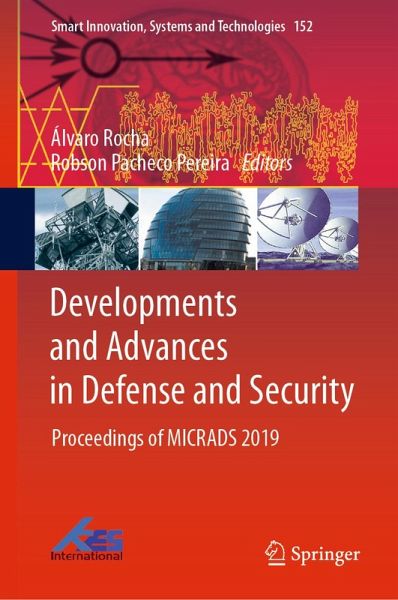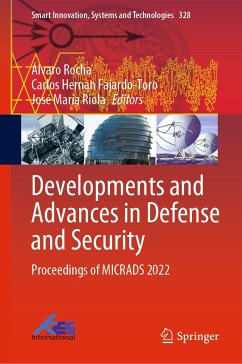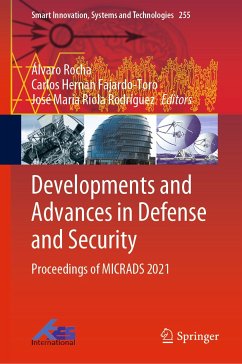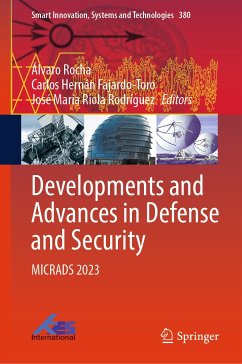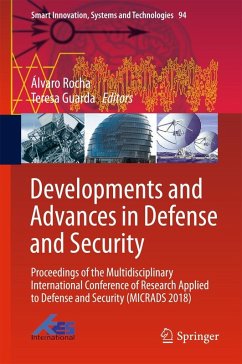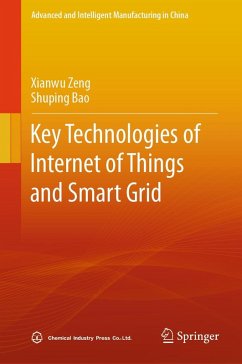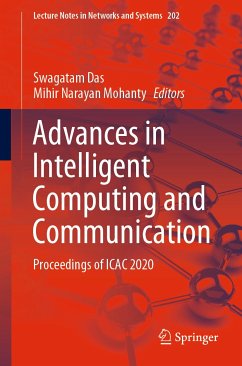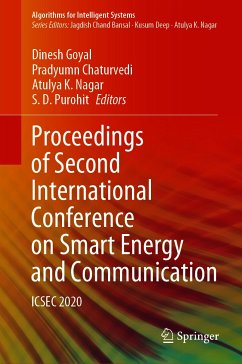Álvaro Rocha holds a Habilitation (postdoctoral degree) in Information Science, Ph.D. in Information Systems and Technologies, M.Sc. in Information Management, and B.C.S. in Computer Science. He is currently a Professor of Information Systems and Software Engineering at the University of Coimbra, researcher at CISUC (Centre for Informatics and Systems of the University of Coimbra) and a collaborator researcher at LIACC (Laboratory of Artificial Intelligence and Computer Science) and CINTESIS (Centre for Research in Health Technologies and Information Systems). His main research interests are in Information Systems Planning and Management, Maturity Models, Information Systems Quality, Online Service Quality, Intelligent Information Systems, Software Engineering, e-Government, e-Health, and Information Technology in Education. He is also President of the AISTI (Iberian Association for Information Systems and Technologies), Chair of the IEEE Portugal Section Systems, Man, and Cybernetics Society Chapter, and Editor-in-Chief of both JISEM (Journal of Information Systems Engineering & Management) and RISTI (Iberian Journal of Information Systems and Technologies). Professor Rocha has also served as a Vice-Chair of Experts in the European Commission's Horizon 2020 initiative, as an Expert at the Italian Ministry of Education, University and Research, and as a General Chair of the WorldCIST (World Conference on Information Systems and Technologies). Robson Pacheco Pereira holds a degree in Chemistry (2000) and a doctorate in Physics / Chemistry (2005) from the Federal University of Rio de Janeiro. He is currently a Professor at the Military Institute of Engineering (IME/RJ), where he coordinates the Nanotechnology Group and Physics and Chemistry, and develops projects in the areas of nanotechnology, materials, electrochemistry, biosensors and theoretical chemistry, intended for use in the area of Defense. The Group chiefly pursues work on nanotechnology, physicochemistry, polymeric materials and inorganic and nano-structured nanoparticles, kinetics, electrochemical solids, corrosion, and power conversion and storage devices. Professor Pereira has also published extensively in international journals.
